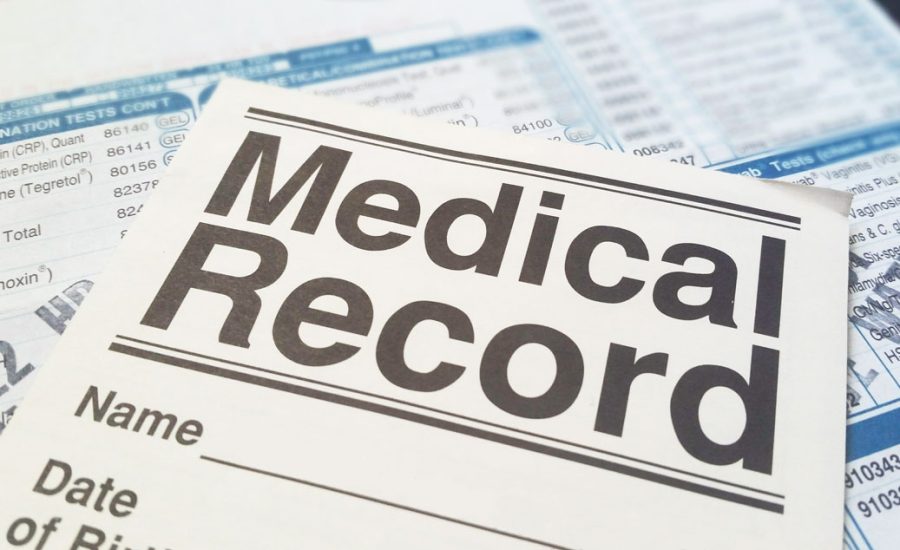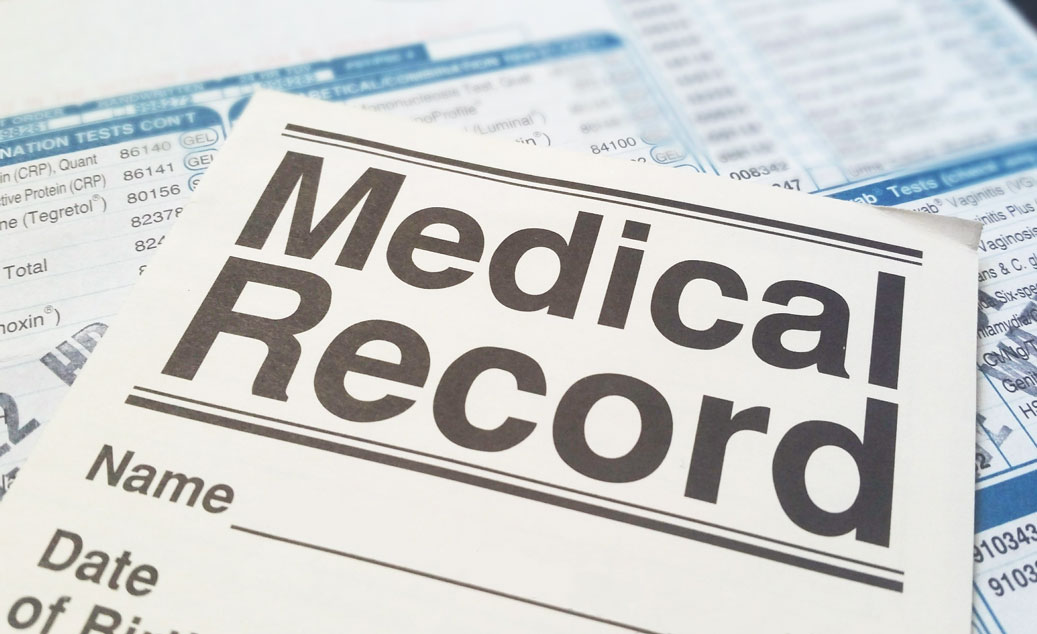Do I Need to Provide My Medical Records?
If you’re applying for disability in Indiana, one of the most important pieces of evidence in your case will be your medical records. After all, how can the Social Security Administration (SSA) determine whether or not you’re disabled if they don’t know the details of your medical condition and medical history? You won’t need to […]

May 10, 2017

If you’re applying for disability in Indiana, one of the most important pieces of evidence in your case will be your medical records. After all, how can the Social Security Administration (SSA) determine whether or not you’re disabled if they don’t know the details of your medical condition and medical history?
You won’t need to go around to all of your doctors and get your medical records yourself. When you hire an Indiana Social Security disability attorney at Hensley Legal Group, you’ll sign a medical authorization that allows us to get your medical records for you.
Medical Records Requests

In a disability case, we typically don’t request medical records until you’re preparing for your hearing. This is because, during the initial application and appeal stages, the SSA has already requested your medical records. Once the hearing is scheduled, we ask the SSA to send us a file of what they have accumulated so far. We will then review all of the records the SSA has in their file and re-request any records that are missing or request records from appointments that have occurred after the last file was completed.
Usually, it takes 30-60 days to get back medical records we’ve requested from a medical provider—that is, if they’re sent to us after our first request. Many times, medical providers insist they never received a request for records. Since we can’t follow up until 30 days have passed, this process can end up dragging out if we have to send requests multiple times.
If you get treatment within 30-60 days of the hearing, we may request that the records be expedited so they can be included in your hearing. However, if we cannot get the records, the judge will typically hold his or her decision on your case until those records come in.
The Cost of Medical Records

You may have a copy of your medical records, but we will still have to request your records from your medical provider directly. This way, we can be certain that we have a complete, up-to-date copy of your medical records.
Every time you get treatment, make sure you contact your case manager and let them know, especially if you’re receiving treatment from a new doctor. The medical authorization you sign at the beginning of this process doesn’t give us a direct channel to your doctor to simply call them and ask if you’ve been to them lately. Instead, your medical authorization allows us to call and ask for records for specific dates. We can’t request records for appointments we don’t know about, which is why it’s important to keep your case manager informed about any upcoming appointments you may have.
One of the questions we get often is, “Okay, you need to request records for specific dates. Why don’t you just request all of my records from the date of my birth to my hearing?” The reason we don’t do this is simple: it will cost you money.
Attorneys’ fees don’t cover the cost of medical records. Instead, disability applicants themselves are expected to pay after they’ve received a decision on their case. Indiana law states that fees may be charged for copying your medical records.
Currently, it costs:
- $1 per page for the first ten pages
- $0.50 per page for pages 11-50
- $.025 for pages 51 and higher
Getting medical records that cover the span of your entire life would be incredibly expensive, and unfortunately, you would have to foot the bill. That’s why we only request medical records for specific doctor’s appointments that pertain directly to your case. We don’t want to burden you with unnecessary costs. (At Hensley Legal Group, if we don’t get you approved for disability benefits, you won’t be asked to reimburse us for your medical records expenses.)
Talk to Your Case Manager

You shouldn’t have to run around to all of your different medical providers to try to get your records. Leave that up to us. Instead of focusing on gathering your records, just make sure that you keep in contact with your case manager and let her know about your various medical appointments.
It’s important to keep treating with a doctor while you wait for your Social Security disability hearing. Keep your case manager informed of your appointments and any updates on your medical condition(s). Also, alert your case manager if any of your contact information changes. In Indianapolis, people have to wait an average of 19 months for a hearing, according to the SSA’s most recent statistics. A lot can change in 19 months, and it’s important for your case manager always to be able to reach you.
If you’re disabled and unable to work, you may want to consider applying for Social Security disability benefits. Call Hensley Legal Group today or contact us online for a free consultation, and be sure to download our free eBook, Eight Mistakes to Avoid When Filing for Social Security Disability Benefits.
Available 24/7
Free Case Review
You won’t pay any fees until we win your case.
It’s easy - you can: